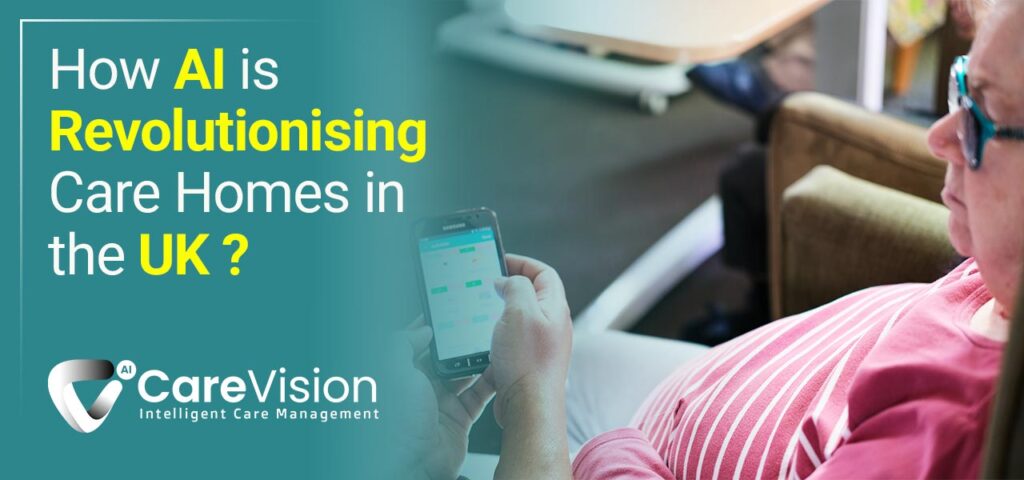In a world where technology is evolving faster than ever, one of the most promising developments is the integration of artificial intelligence (AI) into healthcare, particularly in care homes. While many associate AI with robotics and automation in industries like manufacturing or finance, its role in elderly care is steadily expanding. In the UK, where an ageing population places increasing pressure on the social care system, AI offers a timely and much-needed solution.
The Growing Need for Innovation in Care Homes
The UK is experiencing a demographic shift. According to the Office for National Statistics, by 2041, one in four people will be aged 65 or older. This rising demand for care services is placing unprecedented strain on resources, staff, and infrastructure in care homes. Traditional methods of managing elderly care are no longer sufficient, especially when facing chronic understaffing, high turnover, and increasing resident needs.
Artificial intelligence is not here to replace human carers but to support them. When implemented thoughtfully, AI can enhance the quality of care, streamline operations, and most importantly, improve the daily lives of residents.
AI-Powered Monitoring and Early Intervention
One of the most impactful uses of AI in care homes is in predictive healthcare and monitoring. Wearable devices and smart sensors can collect real-time data on residents’ vital signs, sleep patterns, and mobility. This information is then analysed by AI algorithms to detect abnormalities or early signs of potential health issues such as urinary tract infections, falls, or heart conditions.
For instance, AI-driven monitoring systems can alert staff before a fall happens by identifying unusual movement patterns, helping to prevent injuries and hospital admissions. Early intervention means less distress for residents and lower costs for healthcare providers.
Enhancing Personalised Care
Every resident has unique needs, and AI can play a vital role in creating personalised care plans. By analysing data from electronic health records, medication history, and behavioural patterns, AI can suggest tailored interventions or routines. This approach allows carers to focus more on meaningful interaction rather than administrative tasks.
Additionally, AI can help manage medication schedules, ensuring that the right dosages are given at the right times. This not only reduces human error but also gives peace of mind to families and residents alike.
Supporting Mental Wellbeing
Loneliness and mental health issues are common among elderly residents in care homes. AI-powered virtual assistants, such as voice-activated companions, can offer engaging interactions, remind residents about daily tasks, or even play music and games. Though not a substitute for human connection, these tools can provide companionship during quiet hours and help residents feel more engaged.
Moreover, AI can analyse speech and behaviour to detect early signs of depression or cognitive decline, prompting early support or further evaluation.
Transform Your Care Home with Care Vision AI
Care Vision CMS is built by a care home for care homes designed with first-hand knowledge of what truly matters.
Now enhanced with AI-powered features, our platform helps you deliver smarter, safer, and more personalised care while easing the burden on your team.
Book a demo today and see how Care Vision AI can support your home’s future.


